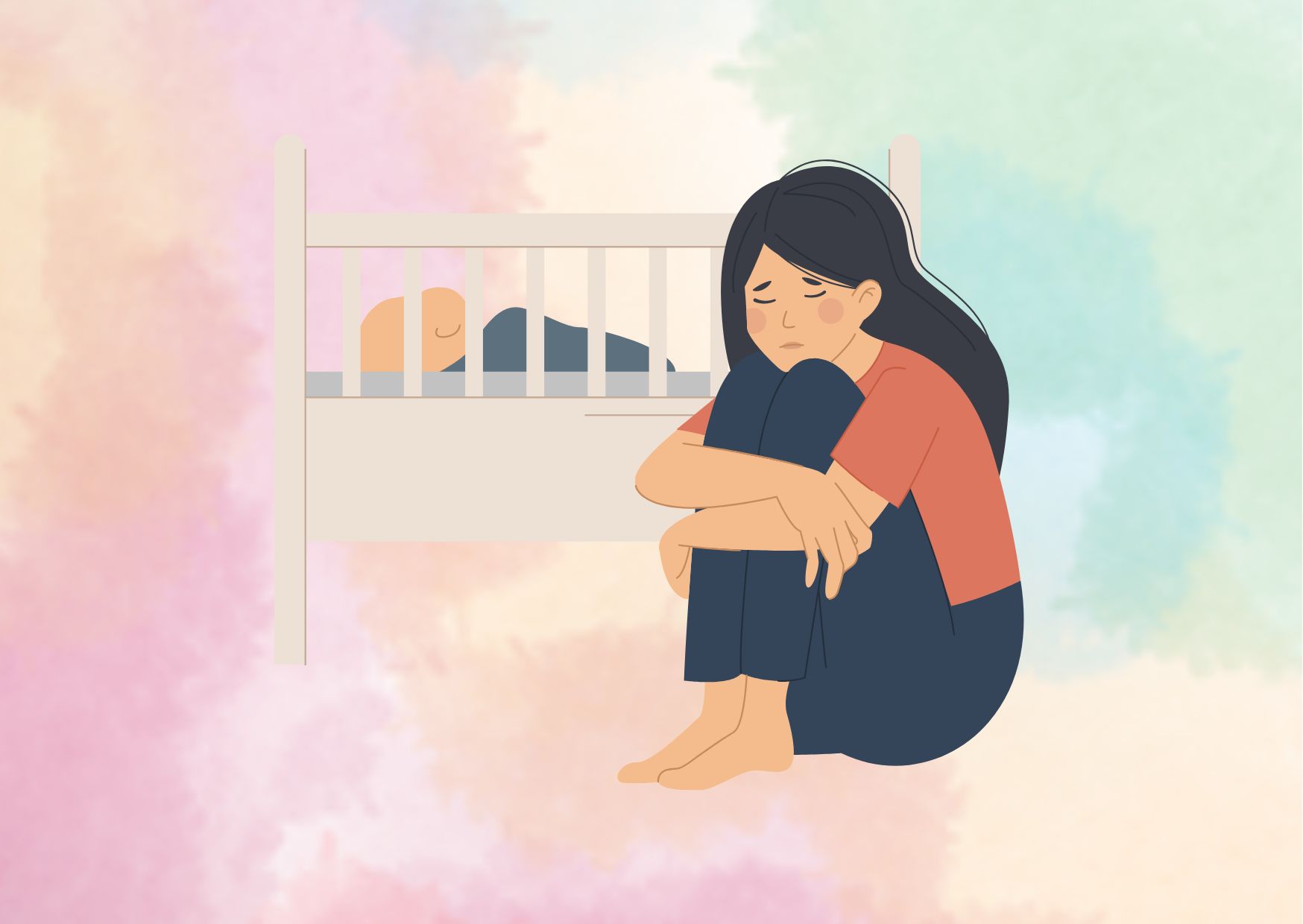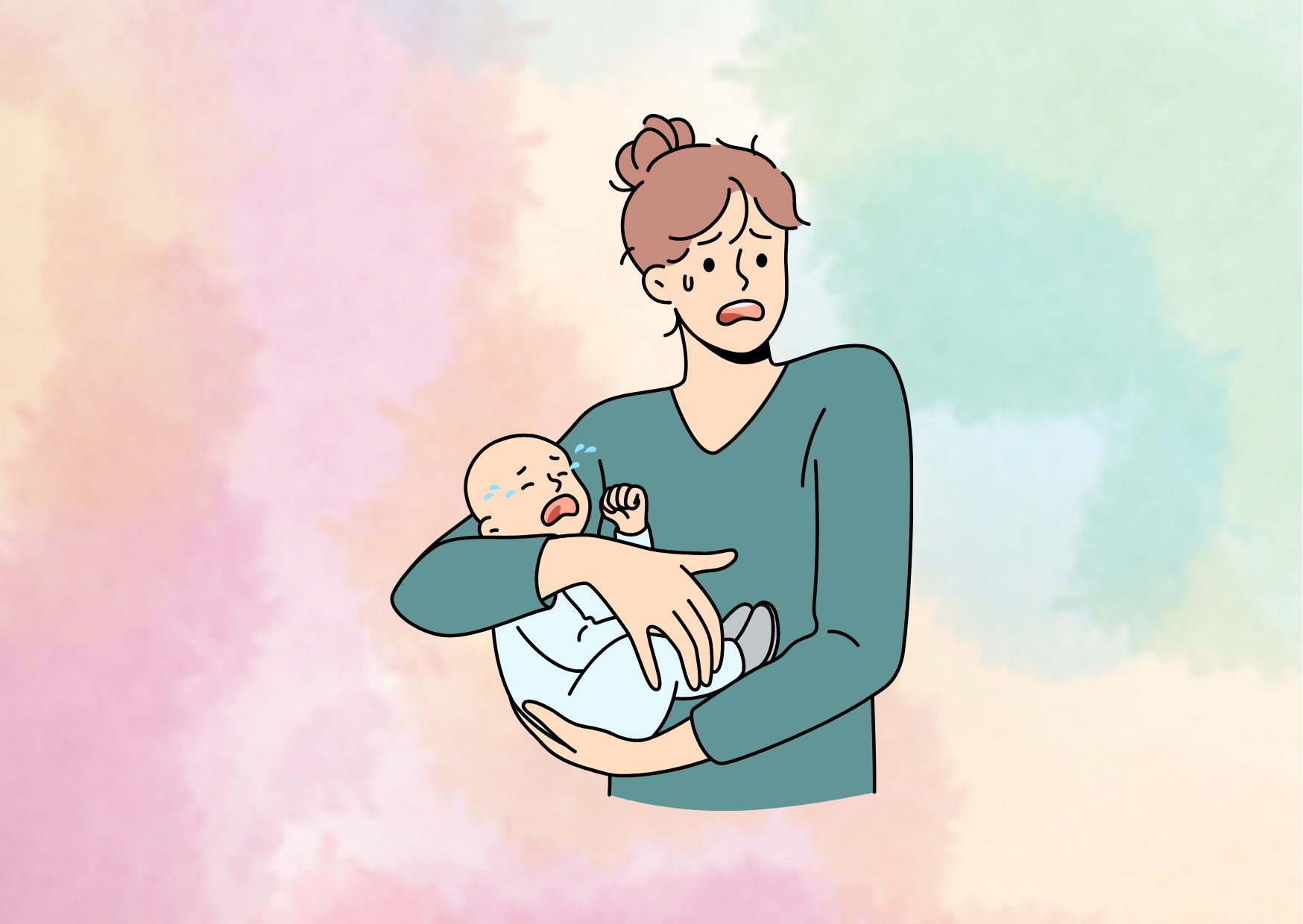Postpartum Depression: Understanding and Overcoming Difficulties After Giving Birth
Table of Contents
- Overview
- Understanding Postpartum Depression
- What is Postpartum Depression?
- Types of Postpartum Depression
- Recognizing the Signs of Postpartum Depression
- Causes and Risk Factors
- Diagnosing Postpartum Depression
- Screening for Postpartum Depression
- Seeking Professional Help
- Treatment Options for Postpartum Depression
- Medication
- Psychotherapy
- Support Groups
- Coping Strategies for Postpartum Depression
- Self-Care and Lifestyle Changes
- Building a Support System
- Establishing a Routine
- Online Counseling and Therapy for Postpartum Depression
- The Benefits of Online Counseling
- Finding the Right Therapist
- Prevention and Early Intervention
- Living with Postpartum Depression
- Nurturing the Parent-Child Bond
- Seeking Help for the Well-Being of Your Family
- The Importance of Mental Health
- Breaking the Stigma
- Promoting Emotional Well-Being
- Conclusion
1. Overview
Becoming a parent is a life-changing experience, filled with both excitement and challenges. However, for some individuals, the journey of motherhood or parenthood may be accompanied by a condition known as postpartum depression. Postpartum depression is a type of depression that occurs after giving birth, affecting up to 15% of people. It is essential to understand this condition, recognize the signs, and seek appropriate treatment to ensure the well-being of both parent and child.
In this comprehensive guide, we will explore the various aspects of postpartum depression, including its definition, types, causes, and risk factors. We will also delve into the importance of early diagnosis, available treatment options, coping strategies, and the role of online counseling and therapy in managing postpartum depression. Additionally, we will discuss prevention methods and shed light on the significance of mental health in everyday life.
2. Understanding Postpartum Depression
What is Postpartum Depression?
Postpartum depression, also known as PPD, is a type of depression that occurs after childbirth. It goes beyond the normal “baby blues” experienced by many new parents. While the baby blues typically subside within two weeks, postpartum depression can last for an extended period, affecting the individual’s emotional well-being and ability to care for themselves and their baby.
Postpartum depression can manifest as extreme sadness, loneliness, mood swings, and frequent crying spells. It can also lead to fatigue, guilt, anxiety, and difficulties in bonding with the baby. It is crucial to understand that postpartum depression is not the fault of the individual experiencing it and that seeking help is essential for effective management and recovery.
Types of Postpartum Depression
There are three primary types of postpartum mood disorders: postpartum blues, postpartum depression, and postpartum psychosis.
Postpartum Blues or Baby Blues
Postpartum blues, commonly referred to as the baby blues, affect between 50% and 75% of individuals after giving birth. This condition is characterized by frequent and prolonged bouts of crying, feelings of sadness and anxiety, and mood swings. The baby blues typically begin within the first week after delivery and subside naturally within two weeks. Seeking support from loved ones and professionals can help alleviate the symptoms.
Postpartum Depression
Postpartum depression is a more severe condition than the baby blues, affecting approximately 1 in 7 new parents. Those who have experienced postpartum depression in previous pregnancies have a higher risk of recurrence. Symptoms of postpartum depression range from mild to severe and may include alternating highs and lows, frequent crying, irritability, fatigue, feelings of guilt and anxiety, and difficulties in caring for oneself and the baby. Psychotherapy and antidepressant medication are effective treatments for postpartum depression.
Postpartum Psychosis
Postpartum psychosis is an extremely severe form of postpartum depression, characterized by rapid onset and severe symptoms. Although rare, affecting only 1 in 1,000 individuals after delivery, postpartum psychosis requires immediate medical attention. Symptoms may include severe agitation, confusion, feelings of hopelessness and shame, insomnia, paranoia, delusions, hallucinations, hyperactivity, rapid speech, or mania. Hospitalization, psychotherapy, and medication are essential components of treatment for postpartum psychosis.

